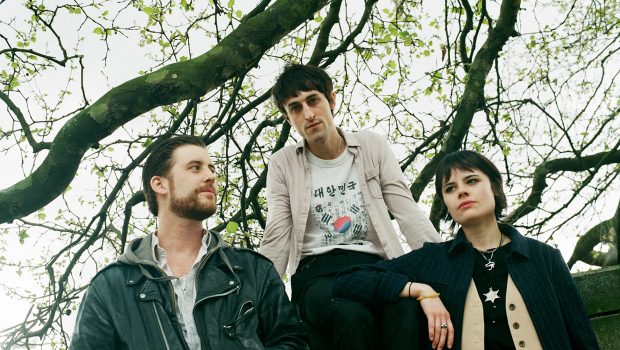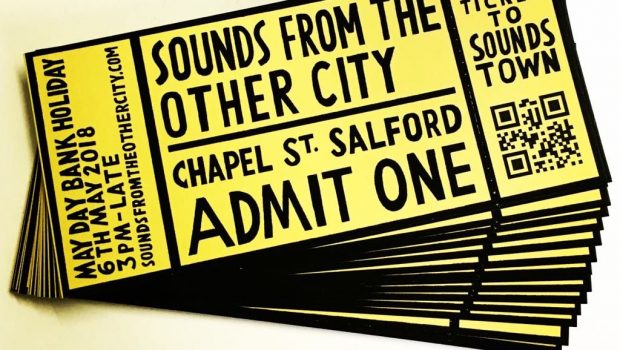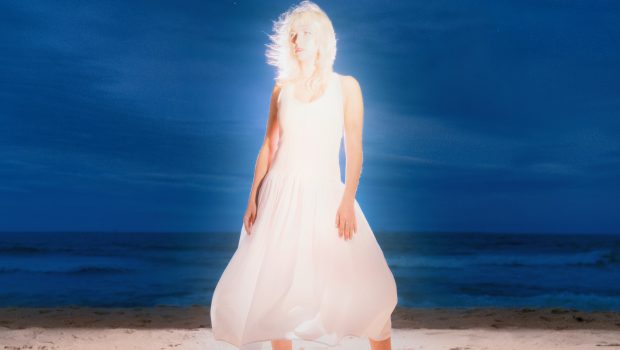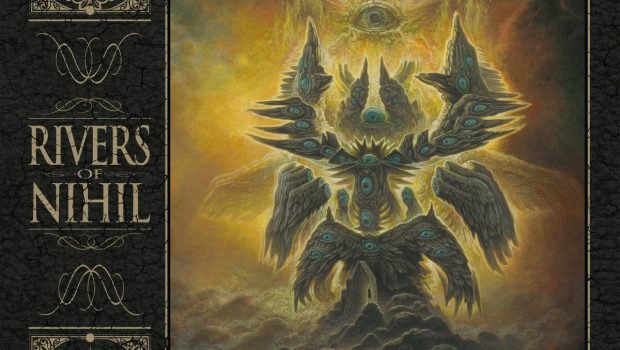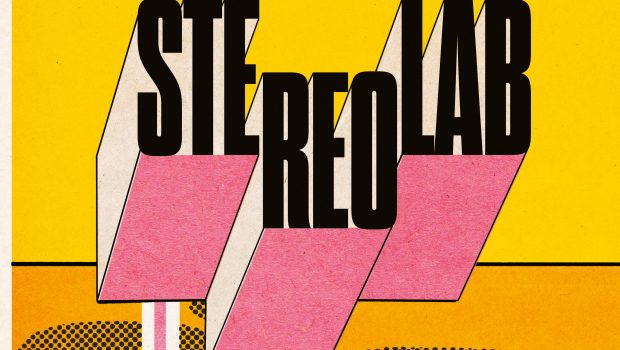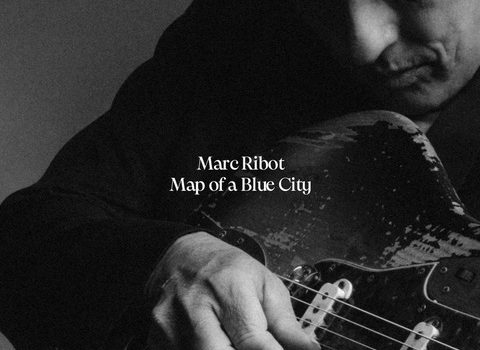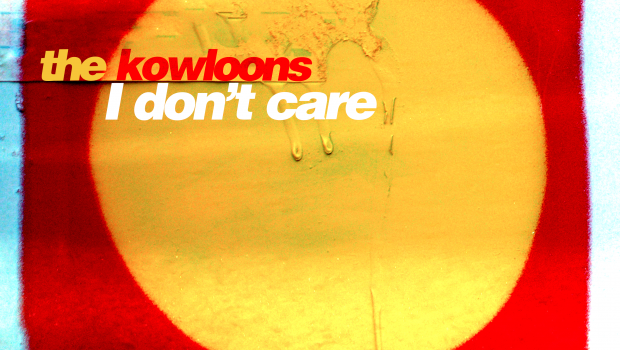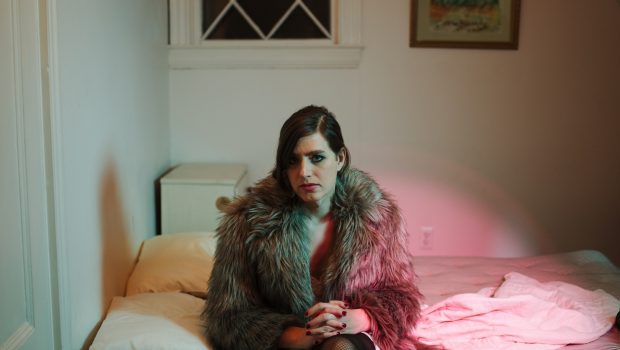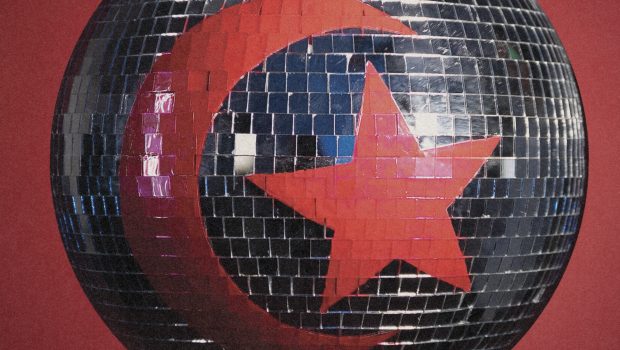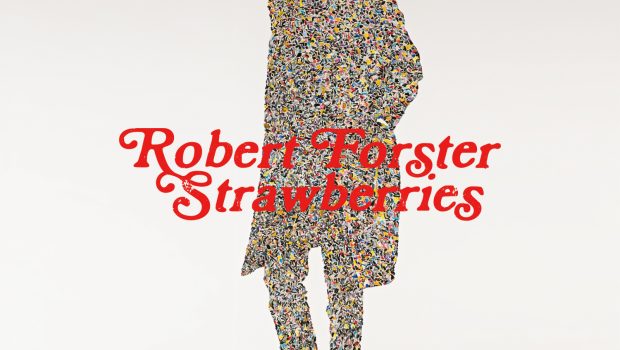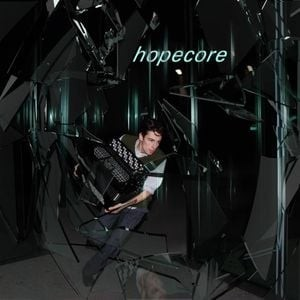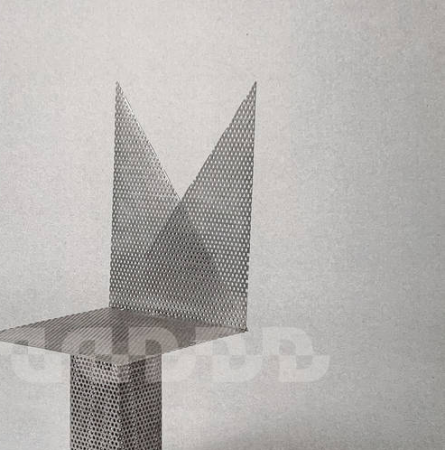 The opening 40 seconds of shrieking saxophone gives a clear indication of what to expect from Drahla. This is not a band that aspires to an appearance on ‘Sunday Love Songs’. As the first track, ‘Under the Glass’ continues with bruising bass and guitar joining the fray, before vocals eventually add to the frenzy, it is apparent that there is a rewarding intensity to Drahla’s sound, heavily layered with elements scrapping for attention. The presence of Chris Duffin’s aforementioned sax differentiates them from most other post-punk acts.
The opening 40 seconds of shrieking saxophone gives a clear indication of what to expect from Drahla. This is not a band that aspires to an appearance on ‘Sunday Love Songs’. As the first track, ‘Under the Glass’ continues with bruising bass and guitar joining the fray, before vocals eventually add to the frenzy, it is apparent that there is a rewarding intensity to Drahla’s sound, heavily layered with elements scrapping for attention. The presence of Chris Duffin’s aforementioned sax differentiates them from most other post-punk acts.
Over the course of ten tracks, the band are relentless. ‘Default Parody’ bursts into immediate life, expertly guided by Rob Riggs’ bass as it explores the harmony of different ideas. The song is inspired lyrically by Shakespeare’s to be or not to be and a navigation of loss of life and life with loss.
‘Zig Zag’ is especially notable for guitar lines reminiscent of 80s cubic pop manifesto masters, Big Flame, all jagged edges jostling with Mike Ainsley’s abrupt drums. ‘Second Rhythm’ begins with a rush of language like an urgent burst of morse code (“I could be the sun, be some other one, I could touch the earth, see, feel, earth, wind, fire”) punctuated with exhilaratingly pummelling and off-kilter guitars courtesy of Luciel Brown and Ewan Barr.
On ‘Talking Radiance’, it feels like they are trying to isolate and capture an indefinable essence (“Everything is everything and everything is you / Diamond in the rough, at the end we’re together, I can’t explain”). In general, Brown’s lyrics are highly impressionistic. It would not be easy to confidently state what each song is about but they convey a mood and add a layer to the controlled chaos and suit her semi-spoken vocal style. ‘Lip Synch’ maintains that lyrical state in which the words wrestle with themselves to convey that sense of inner and outer turmoil (“World sits still / I’m still / It crumbles still / Spits on its axis”). ‘Concrete Lily’ begins imposingly with another of Riggs’ monster basslines and Duffin’s sax soars. As with most of Drahla’s songs, it has a shape-shifting quality.
Although the songs have variety within them, the intensity does become overwhelming like being served a rich ten course feast so there is relief in tracks eight and nine providing some respite. ‘A’ is still punishing but is instrumental which reduces the elements in the mix. ‘Venus’ is a minimal piano piece with a couple of lines of drowsy vocals. It suggests a direction they could profitably explore in future and suggests that the album could have benefited from another restrained track elsewhere to provide some extra shade before appropriately ‘Grief in Phantasia’ rounds off the album in especially brutal style.
Drahla: Angeltape – Out 5th April 2024 (Captured Tracks)
